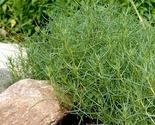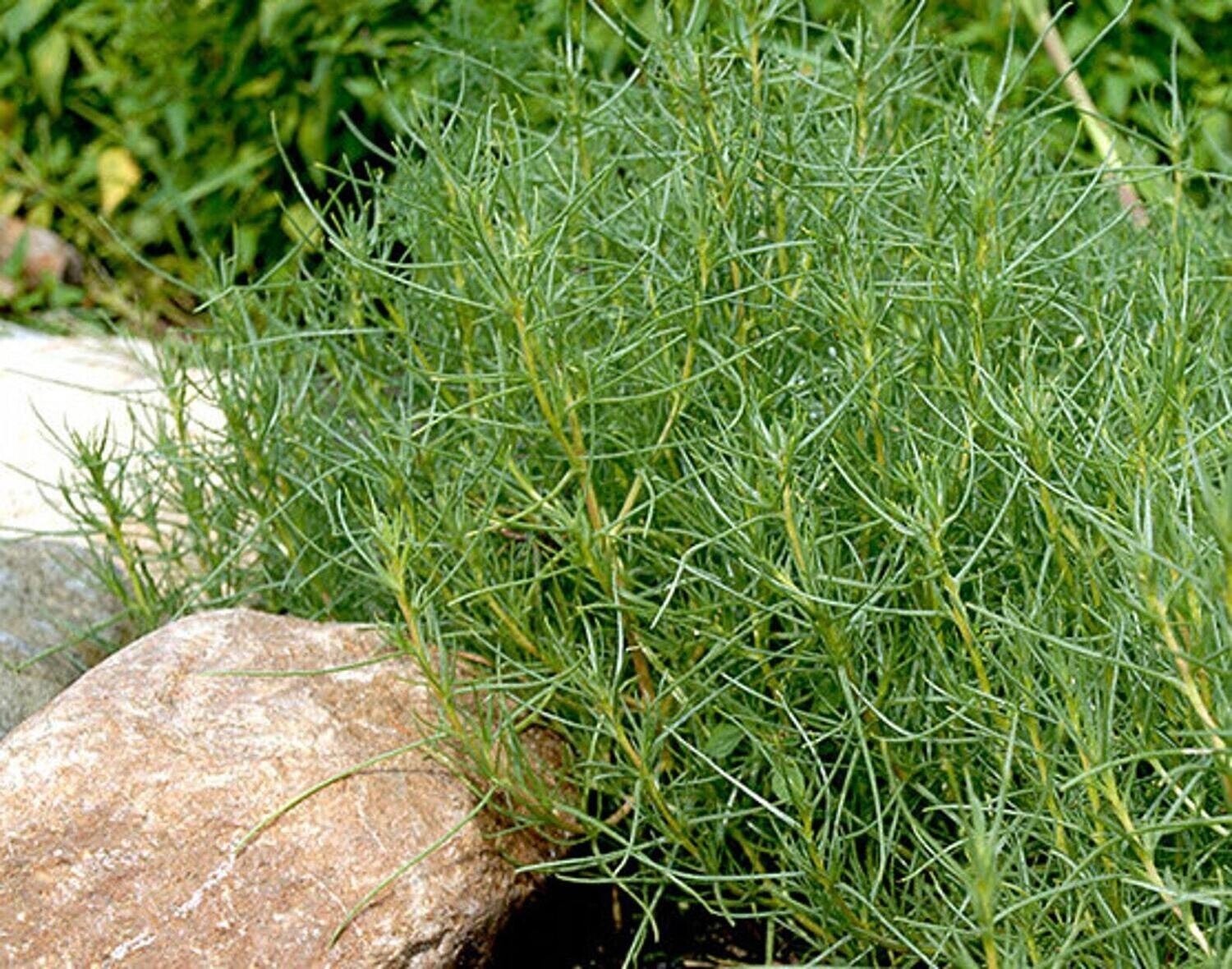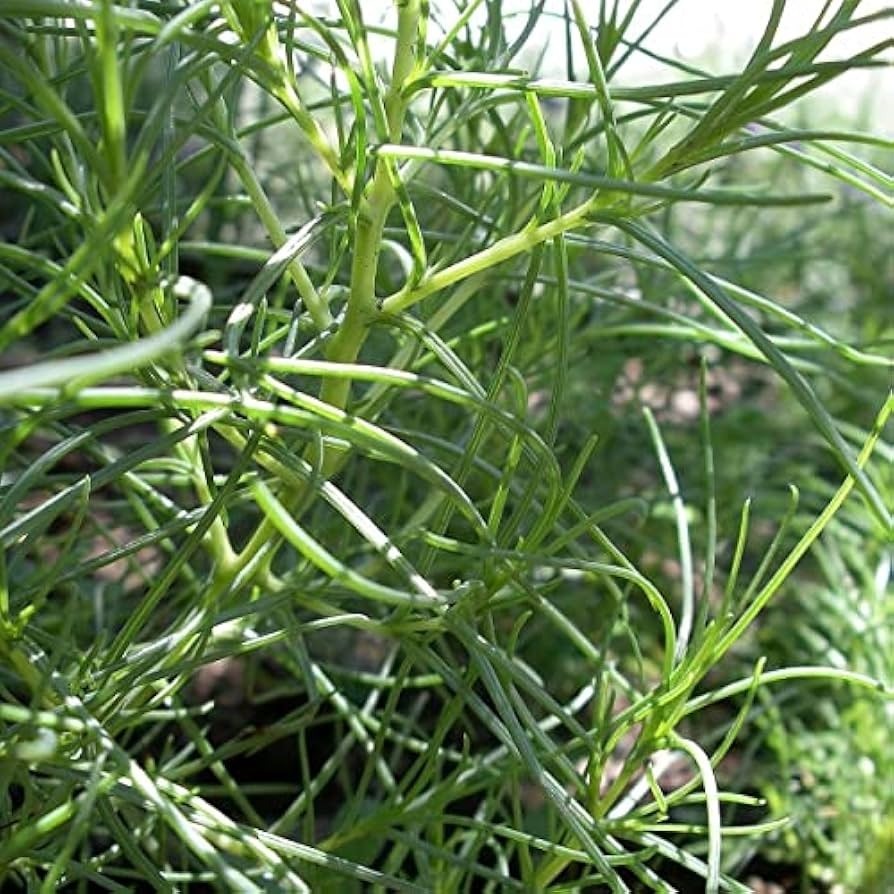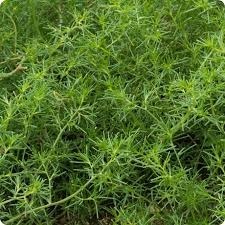Rendered at 06:34:22 09/29/25
Envío gratis
200 Non-GMO Saltwort Herb Seeds – Traditional Japanese Culinary Herb
Los buques de
United States

Share & earn! Sign in, share this or any listing, and you’ll get commission when it sells.
Learn more
Las opciones de envío
Los buques de 3-5 business days Detalles
No hay precio de envío se especifica en MX
Los buques de
United States

La política de devoluciones
None: All purchases final
Protección de compra
Opciones de pago
PayPal accepted
PayPal Credit accepted
Venmo accepted
PayPal, MasterCard, Visa, Discover, and American Express accepted
Maestro accepted
Amazon Pay accepted
Nuvei accepted
Las opciones de envío
Los buques de 3-5 business days Detalles
No hay precio de envío se especifica en MX
Los buques de
United States

La política de devoluciones
None: All purchases final
Protección de compra
Opciones de pago
PayPal accepted
PayPal Credit accepted
Venmo accepted
PayPal, MasterCard, Visa, Discover, and American Express accepted
Maestro accepted
Amazon Pay accepted
Nuvei accepted
Rasgos del artículo
| Categoría: | |
|---|---|
| cantidad disponible: |
10 En stock |
| Condition: |
New |
| UPC: |
604921016272 |
| Country/Region of Manufacture: |
United States |
| Brand: |
Unbranded |
Detalles del anuncio
| Las políticas del vendedor: | |
|---|---|
| Envío de descuento: |
Vendedor paga el envío para este artículo. |
| Publicado en venta: |
Más de una semana |
| Artículo número: |
1693142061 |
Descripción del Artículo
200 Non-GMO Saltwort Herb Seeds – Traditional Japanese Culinary Herb
Corchorus olitorius, commonly known as jute or Jew’s mallow, has been cultivated for centuries as a culinary herb, tracing back to Ancient Egypt. Known for its nutritious, tender leaves, this plant is a beloved leafy vegetable in regions like Côte d'Ivoire, Benin, Nigeria, Cameroon, Sudan, Uganda, Kenya, and Zimbabwe. In these areas, it’s a staple ingredient in a variety of traditional dishes. Its culinary appeal extends beyond Africa, as it’s also popular in the Caribbean, Brazil, the Middle East, and countries like India, Bangladesh, Japan, and China.
One popular preparation in Nigeria involves boiling the leaves to create a thick, mucilaginous sauce often paired with cassava balls. This preparation highlights the unique texture of the leaves and adds moisture and flavor to dishes. Similarly, in Egypt and Tunisia, the leaves are used in Mulukhiyah, a classic dish with rich history and cultural significance.
The edible part of the plant is its nutrient-dense leaves, packed with potassium, iron, vitamin B6, vitamin A, and vitamin C. This impressive nutritional profile makes Corchorus olitorius an especially important food source in areas where staple foods may lack essential micronutrients. For gardeners and cooks alike, this traditional and health-boosting herb brings flavor, versatility, and nutrition to any kitchen.
Added to your wish list!

- 200 Non-GMO Saltwort Herb Seeds – Traditional Japanese Culinary Herb
- 10 in stock
- Handling time 5 day.
Get an item reminder
We'll email you a link to your item now and follow up with a single reminder (if you'd like one). That's it! No spam, no hassle.
Already have an account?
Log in and add this item to your wish list.








